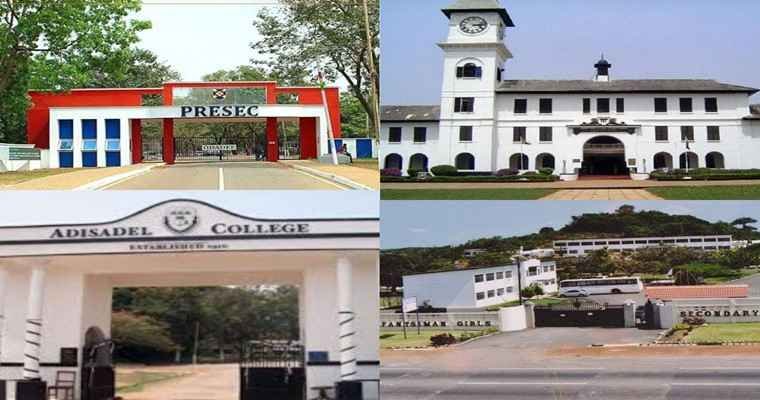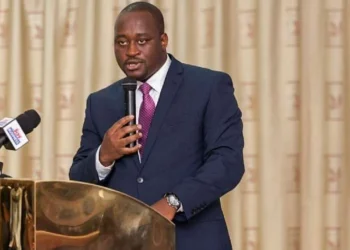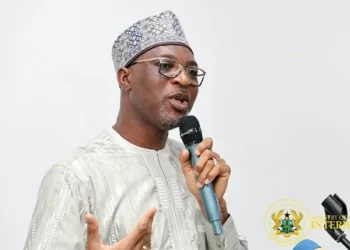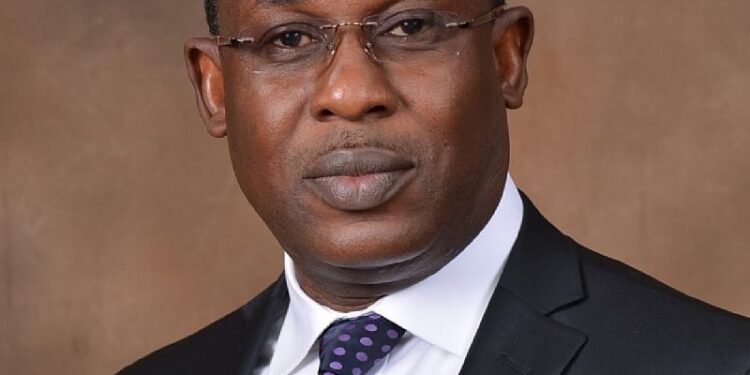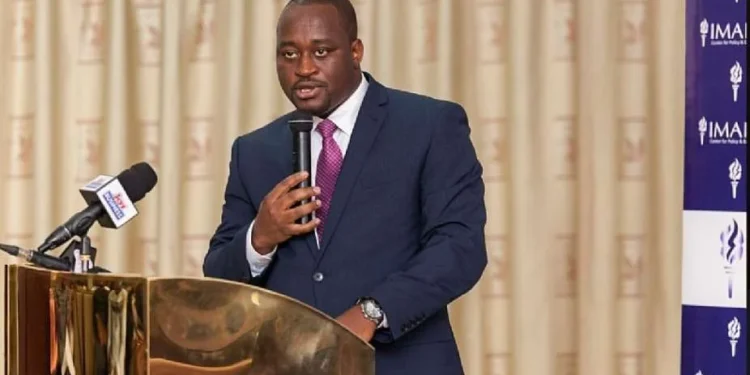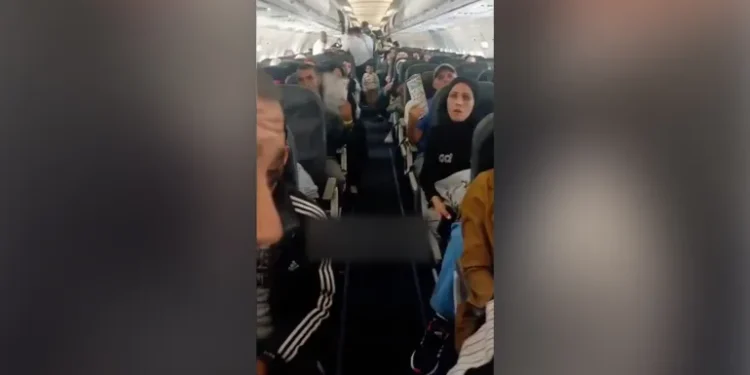The Senior High School (SHS) placement process for 2025 has become more competitive than ever, especially for students aiming for Category A Senior High Schools.
According to Kofi Asare, Executive Director of Eduwatch Africa, changes to the placement system have created intense competition, leaving many parents concerned as children are being rejected.
“I’ve received many complaints from public JHS parents whose children couldn’t gain admission to PRESEC or Holy Child (Science) with the same Aggregate 11 that secured a place last year.”
Kofi Asare
Asare noted that while this is concerning, this shift was predictable due to two major factors that have reshaped the landscape of SHS admissions.
The first major change is a significant reduction in the quota reserved for public JHS students.
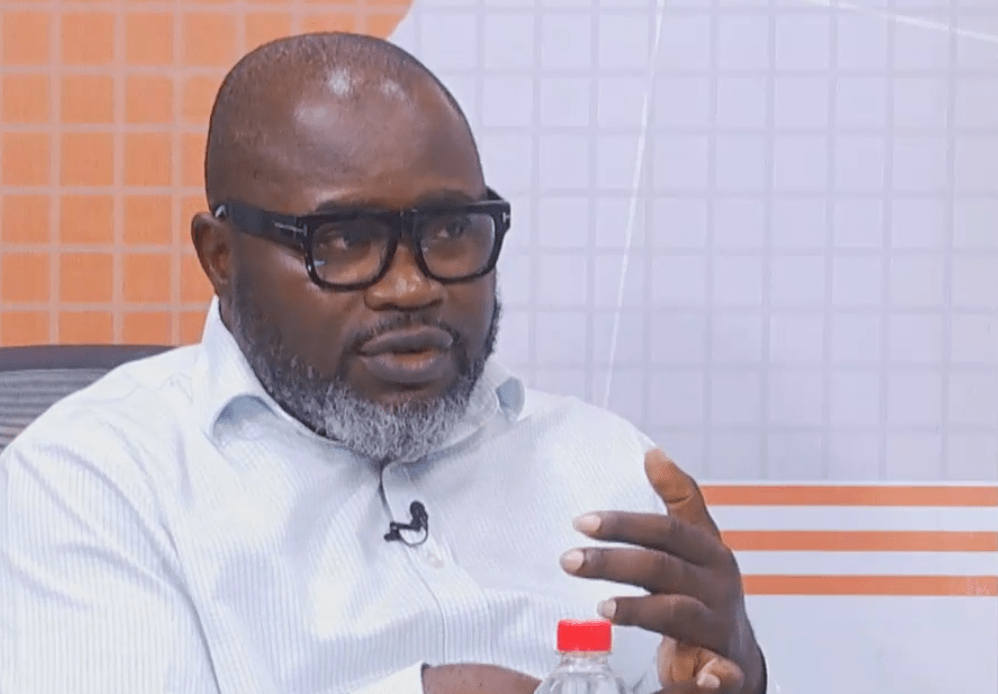
Previously, 30 percent of placements in Category A schools were set aside for public school candidates.
However, this year the quota was cut to 15 percent, following concerns that the policy discriminated against students from private schools.“That alone suggests an Agg 11 that worked last year in a Category A school might now require Agg 10 or better,” he said.
This adjustment means that public JHS students must now compete more fiercely for fewer reserved spots in top-tier schools.
Consequently, many students who would have previously gained admission are now being redirected to Category B or C schools.
High Schools Prepare for a Return to Single Track
According to Kofi Asare, another factor influencing this year’s admissions is the government’s plan to reintroduce the Single Track system by 2027.
Currently, Ghana’s SHS system operates on a Double Track model, which was implemented to accommodate growing student numbers despite limited infrastructure.
The government recently announced 99 new additions to schools designated for Single Track, bringing the proportion of SHSs under this system to 70 percent.

However, almost all Category A schools remain on Double Track because their high enrollment numbers make conversion difficult.
Using PRESEC as an example, Asare noted that the school has about 5,500 students, admitting roughly 1,833 new students each year.
According, he asserted that to transition smoothly to Single Track by 2027, annual admissions would need to drop to approximately 1,500, a move that would inevitably affect admission cut-off points.
“The journey to Single Track in Category A schools is not a walk in the park; it is an opportunity cost we must accept through strict application of the CSSPS placement formula, with parents accepting Category B & C placements.”
Kofi Asare
He added that if the transition to Single Track could be achieved simply by expanding infrastructure, it would have already been completed before 2025.
Instead, the real solution lies in gradually reducing admissions to match each school’s actual capacity while simultaneously upgrading facilities in underserved schools.
As top schools reduce intake, many students with competitive aggregates, such as Agg 11 Public JHS Science students, may have to settle for Category B schools.
While this may disappoint some parents, Asare noted that it is a necessary step toward achieving a balanced and efficient SHS system.
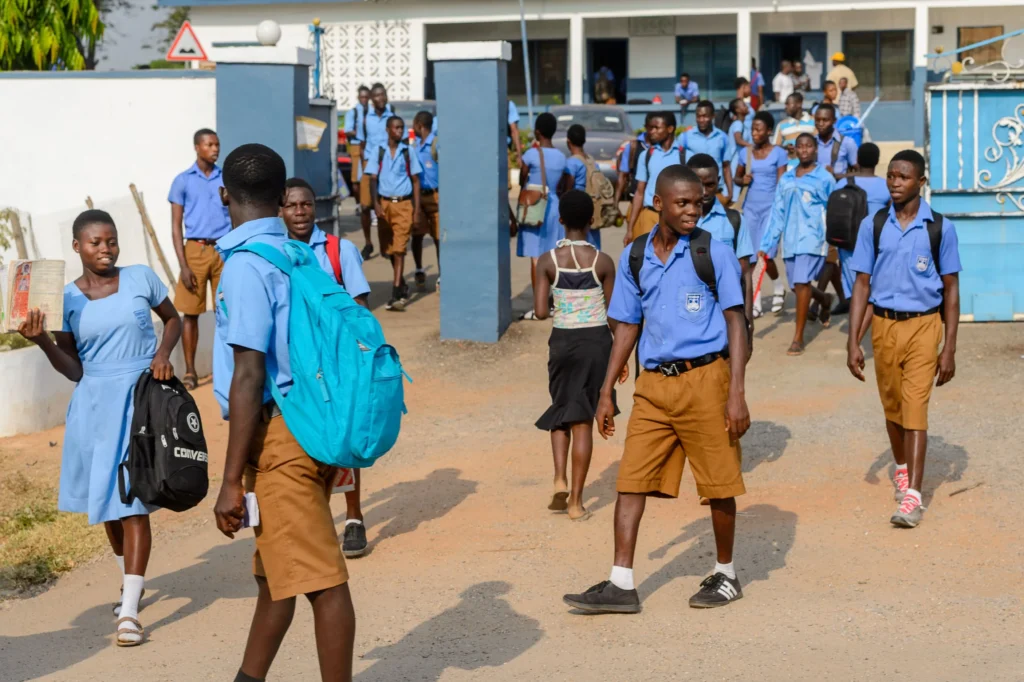
He stressed that Ghana has more than enough spaces to admit every qualified student. The challenge lies not in availability but in distribution and quality, which the Single Track plan aims to address.
By adhering strictly to the Computerized School Selection and Placement System (CSSPS) formula and aligning admissions with real capacity, Ghana can create a sustainable path toward eliminating the Double Track system.
Government Urged to Act Swiftly
Accordingly, Kofi Asare advised the government to reduce Category A school intakes over the next two years while continuing infrastructure projects nationwide.
This phased approach, Asare explained, will make the transition to Single Track smoother and less disruptive for students and parents.
“I don’t know whether the government agrees or not, but options are limited,” he stated, emphasizing the urgency of strategic planning.

Asare also reminded stakeholders that the success of Ghana’s SHS system ultimately depends on shared responsibility among parents, schools, and policymakers.
He urged parents to manage their expectations and accept placements in Category B and C schools as part of the broader reform process.
“This is my opinion; you have the right to acquiesce or rebut, but I am not responsible for any deliberate miscomprehension.”
Kofi Asare
Meanwhile, the future of Ghana’s SHS system hangs in the balance as the country works toward creating a fairer and more efficient educational structure.
With stricter quotas and plans for a return to Single Track, families and students must adapt to a changing admissions landscape where every aggregate point matters more than ever.
READ ALSO: TOR Set to Resume Operations in October, Eyes Private Partnerships

